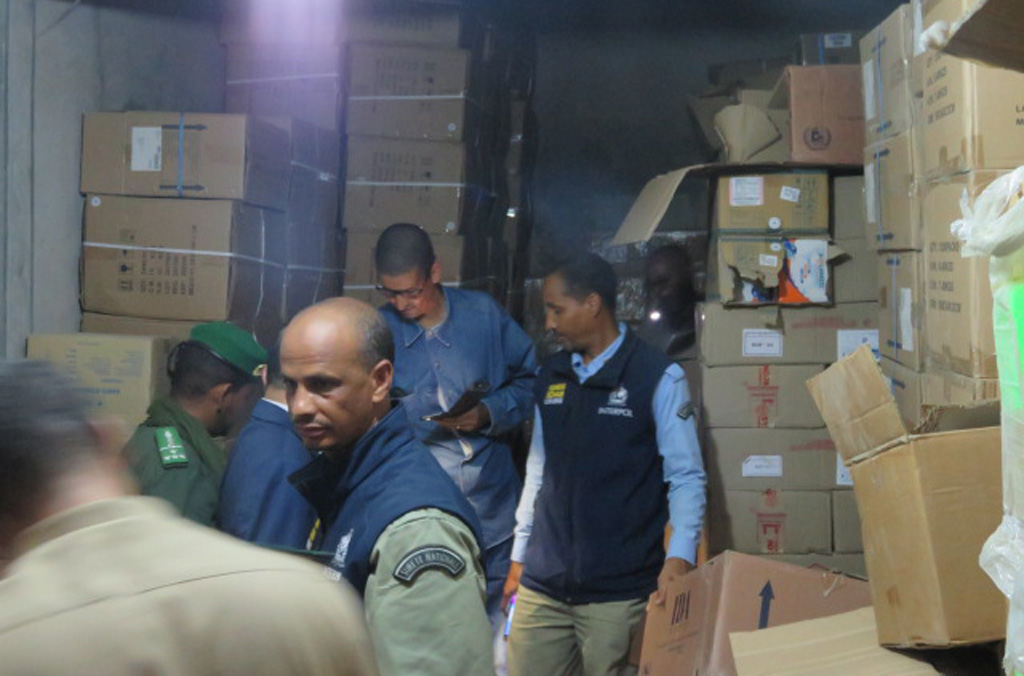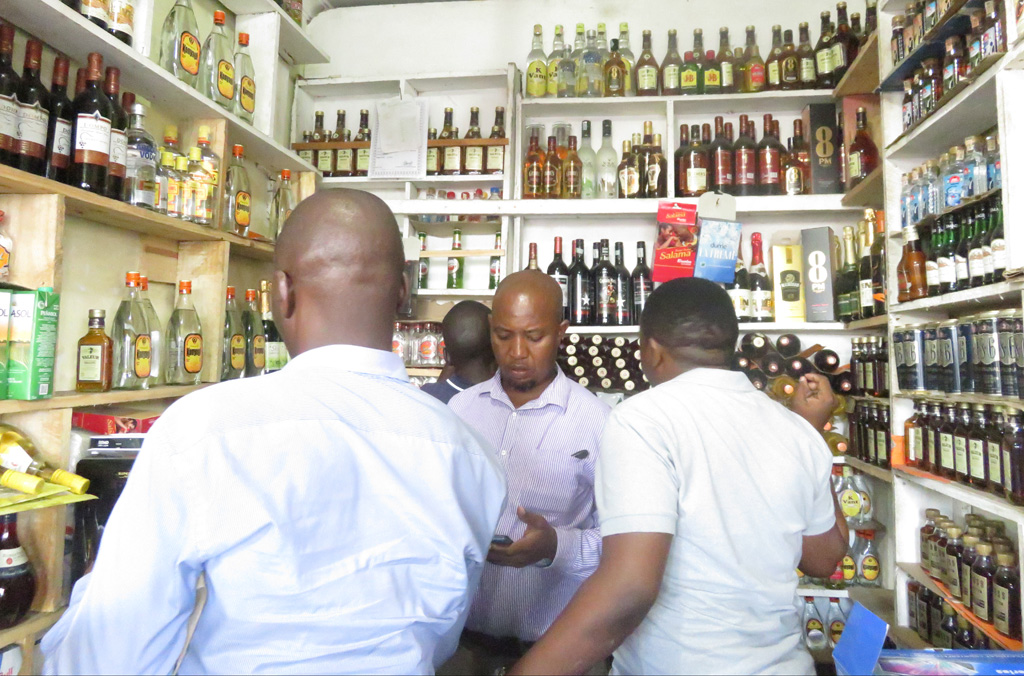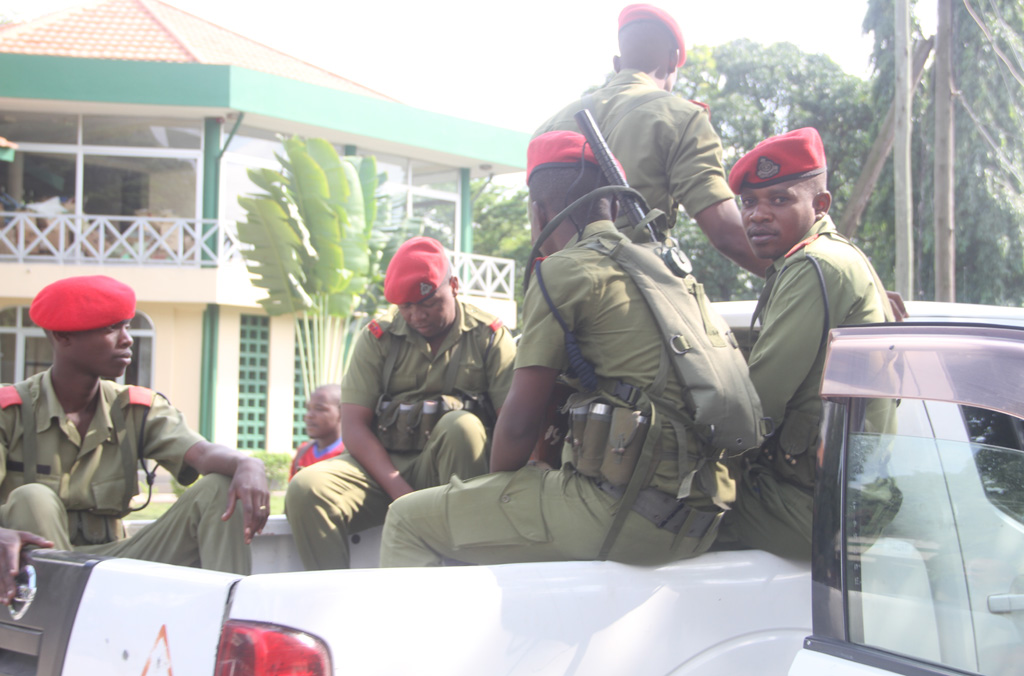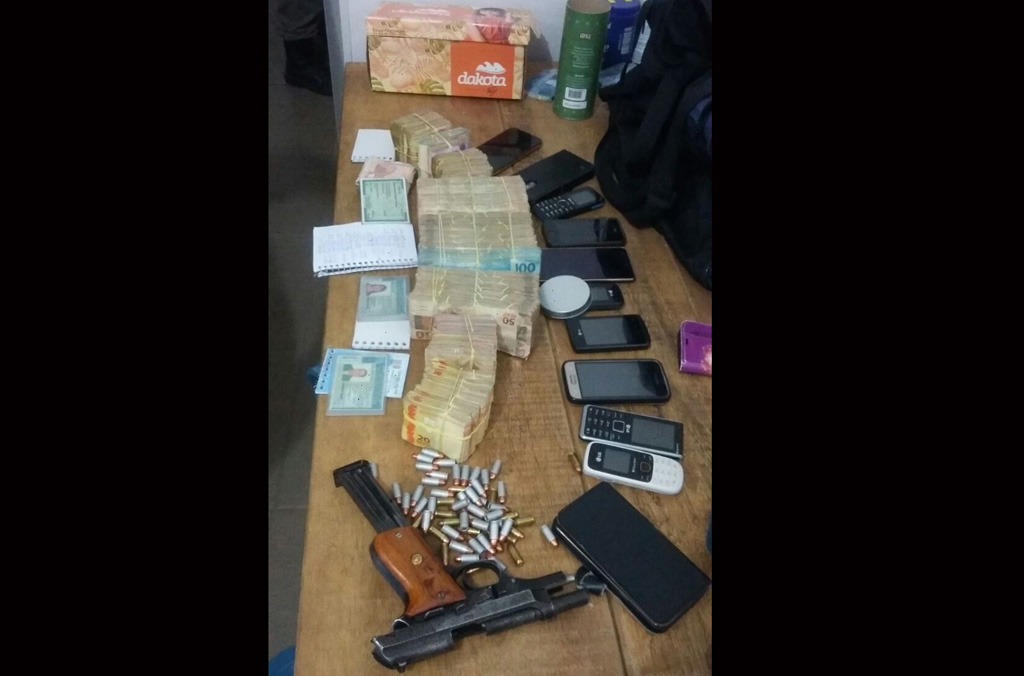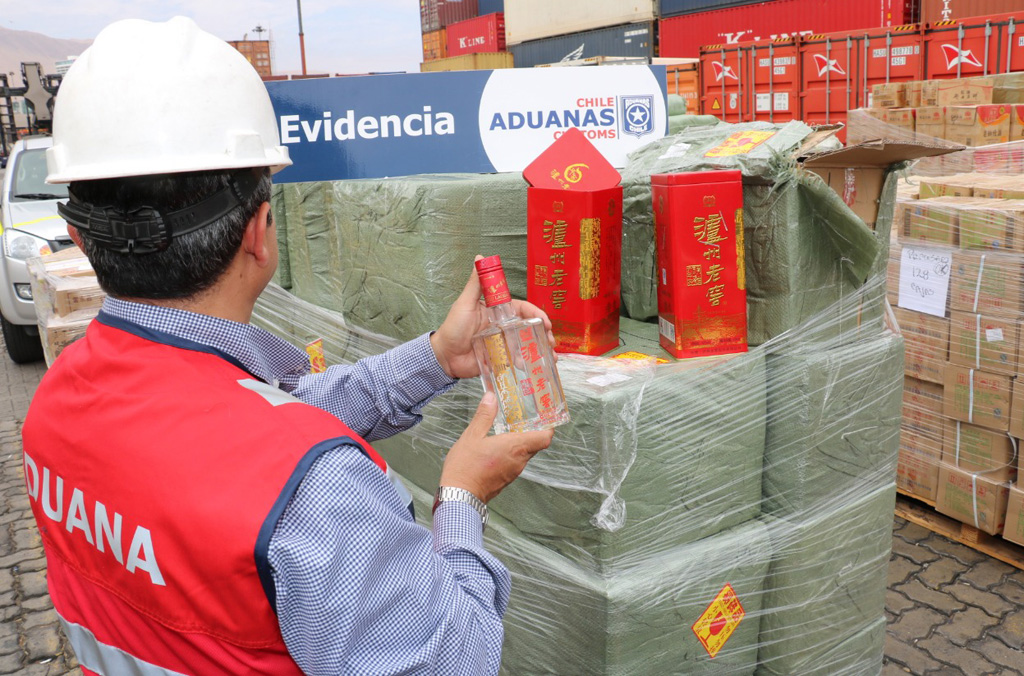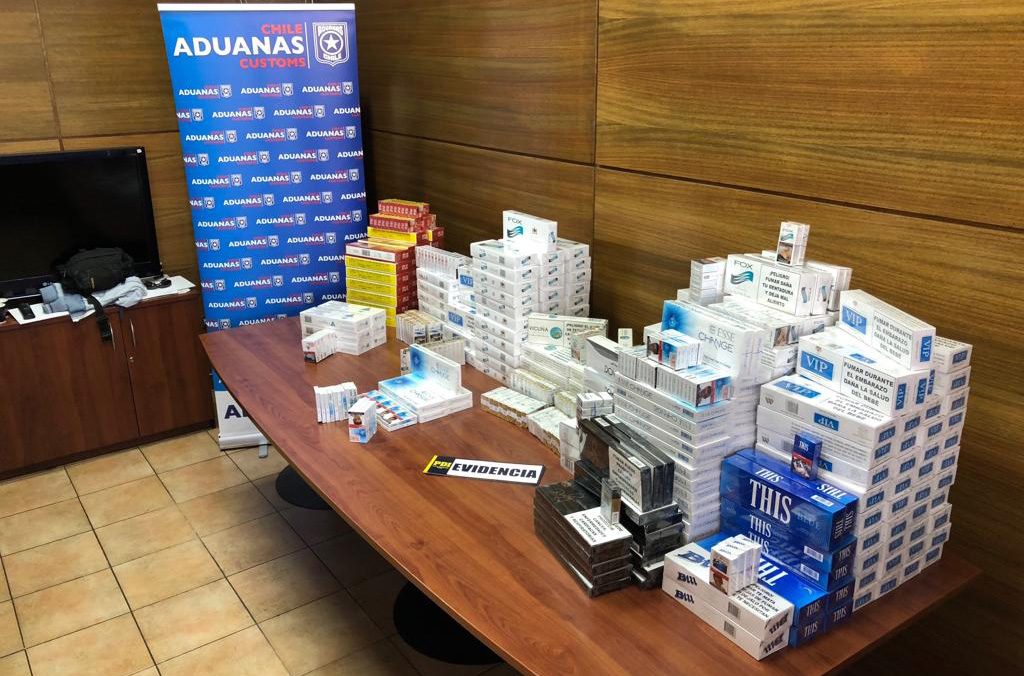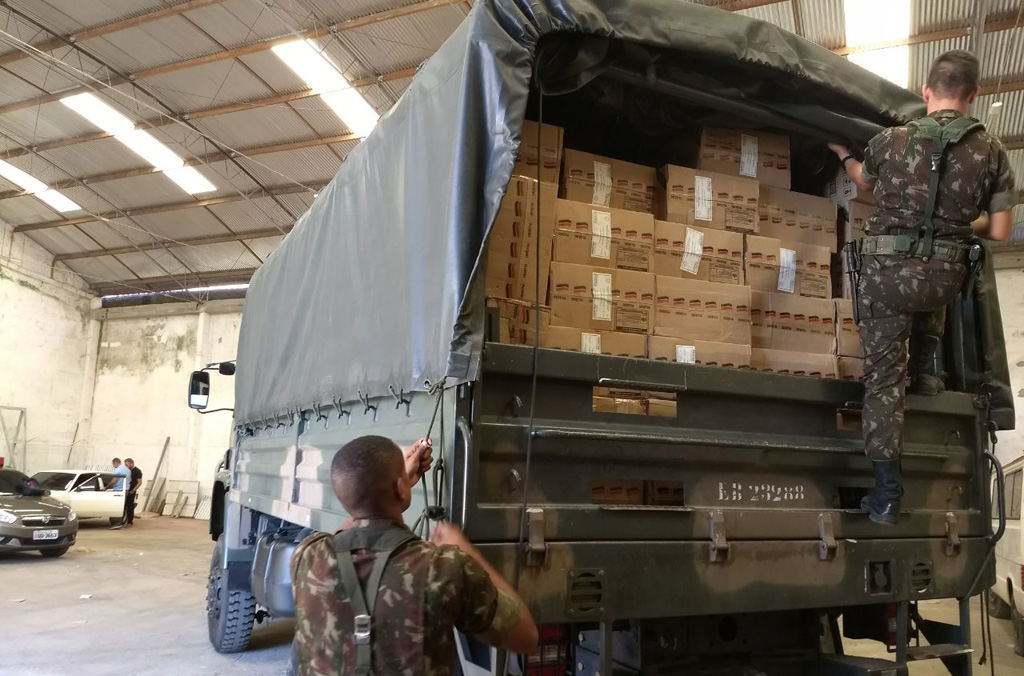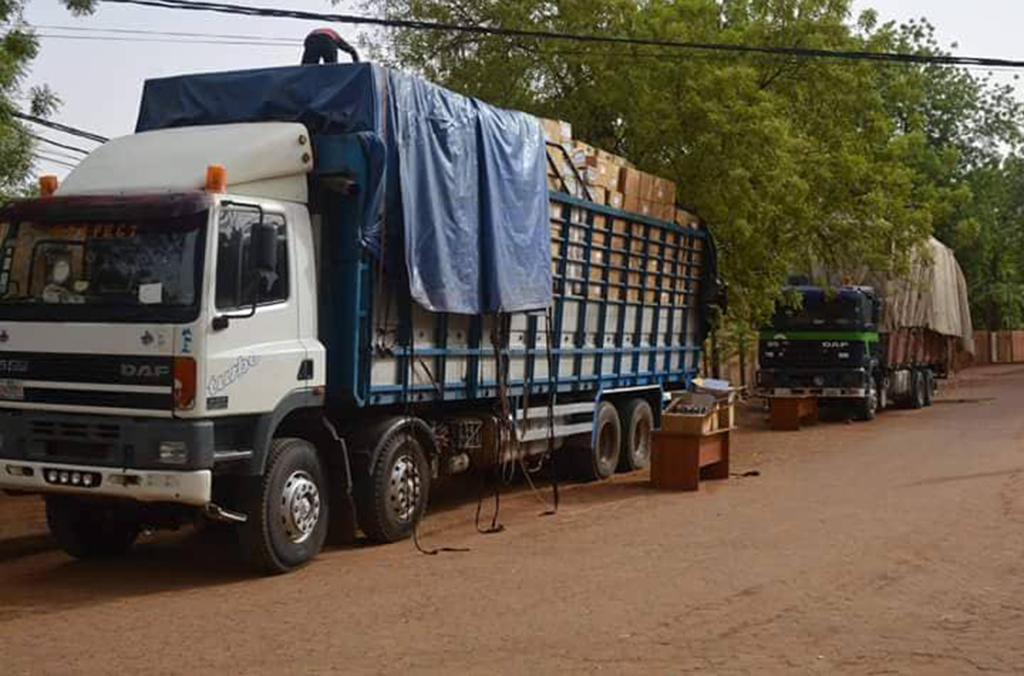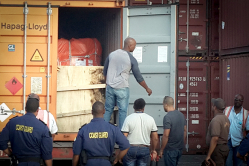LYON, France – Pharmaceuticals, food, vehicle parts, tobacco products, clothing, and agrochemicals are among tonnes of fake goods seized in INTERPOL-led operations across four continents.
Coordinated by INTERPOL between March and May 2018 in 36 countries across Africa, Asia, the Middle East and South America, operations sought to dismantle factories and supply chains behind a wide range of counterfeit goods and the organized crime networks directing them.
With 645 suspects identified or arrested so far, and more than 1,300 inquiries launched, further arrests and prosecutions are foreseen as ongoing investigations unfold.
Global seizures worth USD 25 million
Involving officers from a range of law enforcement agencies, customs and health regulatory bodies, operations triggered raids at shops, markets, chemists, retail outlets, warehouses and border control points.
Global seizures include 7.2 million counterfeit and illicit items weighing more than 120 tonnes and 90,000 litres of liquids. Beyond product seizures, national authorities have identified major trade routes and shut down points of sale as well as laboratories.
Crucial global police support from INTERPOL
Throughout operations, involved countries were able to check information against INTERPOL’s criminal databases via its I-24/7 secure global police communications network.
Coordinated by INTERPOL’s Illicit Goods and Global Heath unit with support from the Regional Bureaus in Buenos Aires, Abidjan and Harare, the operations were made possible by the INTERPOL Foundation for a Safer World which helps raise funds globally to tackle the critical issues shaping the global security landscape.
“By attacking the distribution networks, and by disrupting production at the source, participating countries have contributed towards globally protecting people from potentially unsafe goods, and made them safer by dismantling illegal networks which are often connected to other forms of serious crime,” said Tim Morris, INTERPOL’s Executive Director of Police Services.
“The sheer volume of seizures and follow-up investigations generated by these simultaneous global operations are testimony to the fundamental role of INTERPOL in shaping a coordinated response in regional and international operations : it is all about collaboration,” added Mr Morris.
A truly global exercise
Operations were conducted across Africa (with two operations codenamed “Afya” and “Heera II”), Asia (“Rainfall”), South America (“Jupiter IX”) and the Middle East and North Africa (“Qanoon”).
More than three million packets of cigarettes and cigars were seizedacross South America during Operation Jupiter, along with 9.5 tonnes of food products, tens of thousands of fashion accessories, alcoholic drinks, school supplies and more than 35,000 litres of smuggled fuel.
During Africa’s Operation Afya, Botswana police authorities arrested a man smuggling 2,500 counterfeit brand shoes, jackets, and handbags across the border with South Africa.
In the Namibian capital, authorities seized 14,000 items of counterfeit goods. In Dar es Salaam, Tanzania’s Food and Drug Administration seized USD 8,300-worth of counterfeit medical products, including antibiotics, antimalarial tablets, ferrous sulfate, and analgesics. Zimbabwe police seized 5,700 tablets of counterfeit pharmaceutics and 250 kg of skin lotions smuggled from Zambia.
In Western Africa, Operation Heera II saw the identification of smuggling transit routes including one where a counterfeit brand of antalgic tablet was being distributed to western African countries by road after importation to Benin, Ghana and Togo seaports.
At Niger’s Makalondi Border Crossing Point, police intercepted 29 tonnes of counterfeit medicines in two trucks thought to be travelling from Ghana. Three suspects were arrested and investigations are ongoing.
In Ghana and Cote d’Ivoire, authorities closed down 10 chemists and one illicit manufacturing facility and arrested 11 suspects.
Across the Middle East and North Africa, Operation Qanoon saw authorities in Saudi Arabia detect, investigate and shut down 100 social media accounts used to distribute counterfeit medical products and unlicensed cosmetics and herbal products.
Mauritania seized tens of thousands of counterfeit medical products including antihistamines, corticosteroids, antibiotics, antimalarial tablets, analgesics, pregnancy tests, and vitamin supplements.
At Jordan’s Aqaba seaport, authorities seized a container from India containing 500,000 pills of antalgic pills bound for Iraq.
In Asia, Operation Rainfall saw Nepalese police seize 5,399 doses of opioid analgesics in a vehicle thought to have travelled from India.
Laotian Customs, Food and Drug Department worked with Thai national police at the Lao-Thai Friendship Bridge, seizing 25 kg of illegal traditional medicines
Participating countries: Algeria, Angola, Argentina, Bahrain, Benin, Bolivia, Botswana, Brazil, Burkina Faso, Chile, Colombia, Côte-d’Ivoire, Djibouti, Ecuador, Ghana, Jordan, Laos, Malawi, Mali, Mauritania, Myanmar, Namibia, Nepal, Niger, Nigeria, Paraguay, Peru, Saudi Arabia, South Africa, Tanzania, Togo, Tunisia, Uruguay, Venezuela, Vietnam and Zimbabwe.
Assessing operational results and emerging threats to the health and safety of the citizens though intellectual property crime will be high on the agenda of the forthcoming INTERPOL International Law Enforcement Intellectual Property Crime Conference (25-26 September) in Dubai.
Countries involved
See also
Related news
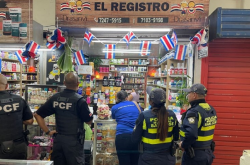
Global illicit medicines targeted by INTERPOL operation
31 October 2023




